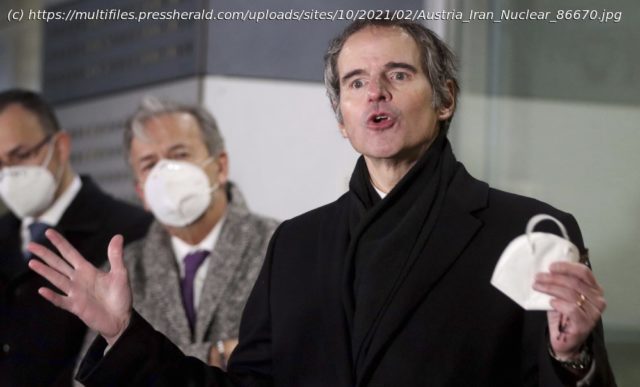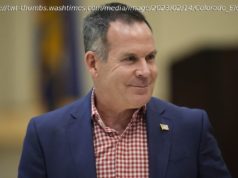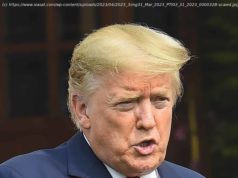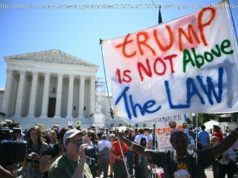The International Atomic Energy Agency will no longer be allowed to access footage from cameras at nuclear sites.
TEHRAN, Iran — Iran will begin to offer United Nations inspectors “less access” to its nuclear program as part of its pressure campaign on the West, though investigators will still be able to monitor Tehran’s work, the U.N. atomic watchdog’s chief said Sunday. Rafael Grossi’s comments came after an emergency trip to Iran in which he said the International Atomic Energy Agency reached a “technical understanding” with Tehran to continue to allow monitoring of its nuclear program for up to three months. But his remarks to journalists underlined a narrowing window for the U.S. and others to reach terms with Iran, which is already enriching and stockpiling uranium at levels far beyond those allowed by its 2015 nuclear deal with world powers. “The hope of the IAEA has been to stabilize a situation which was very unstable,” Grossi said at the airport after his arrival back in Vienna, where the agency is based. “I think this technical understanding does it so that other political consultations at other levels can take place and most importantly we can avoid a situation in which we would have been, in practical terms, flying blind.” Grossi, the IAEA’s director general, offered few specifics of the agreement he had reached with Iranian leaders. He said the number of inspectors on the ground would remain the same but that “what changes is the type of activity” the agency was able to carry out, without elaborating further. He stressed monitoring would continue “in a satisfactory manner.” Iranian Foreign Minister Mohammad Javad Zarif, who under President Hassan Rouhani helped reach the atomic accord, said the IAEA would be prevented from accessing footage from their cameras at nuclear sites. That came during a state TV interview Sunday even before his meeting with Grossi. “This is not a deadline for the world. This is not an ultimatum,” Zarif told the government-run, English-language broadcaster Press TV. “This is an internal domestic issue between the parliament and the government.” “We have a democracy. We are supposed to implement the laws of the country. And the parliament adopted legislation – whether we like it or not.” Zarif’s comments marked the highest-level acknowledgement yet of what Iran planned to do when it stopped following the so-called “Additional Protocol,” a confidential agreement between Tehran and the IAEA reached as part of the landmark 2015 nuclear deal. The IAEA has additional protocols with a number of countries it monitors.
Home
United States
USA — Political U.N. nuclear chief says Iran to grant inspectors ‘less access’ to program






